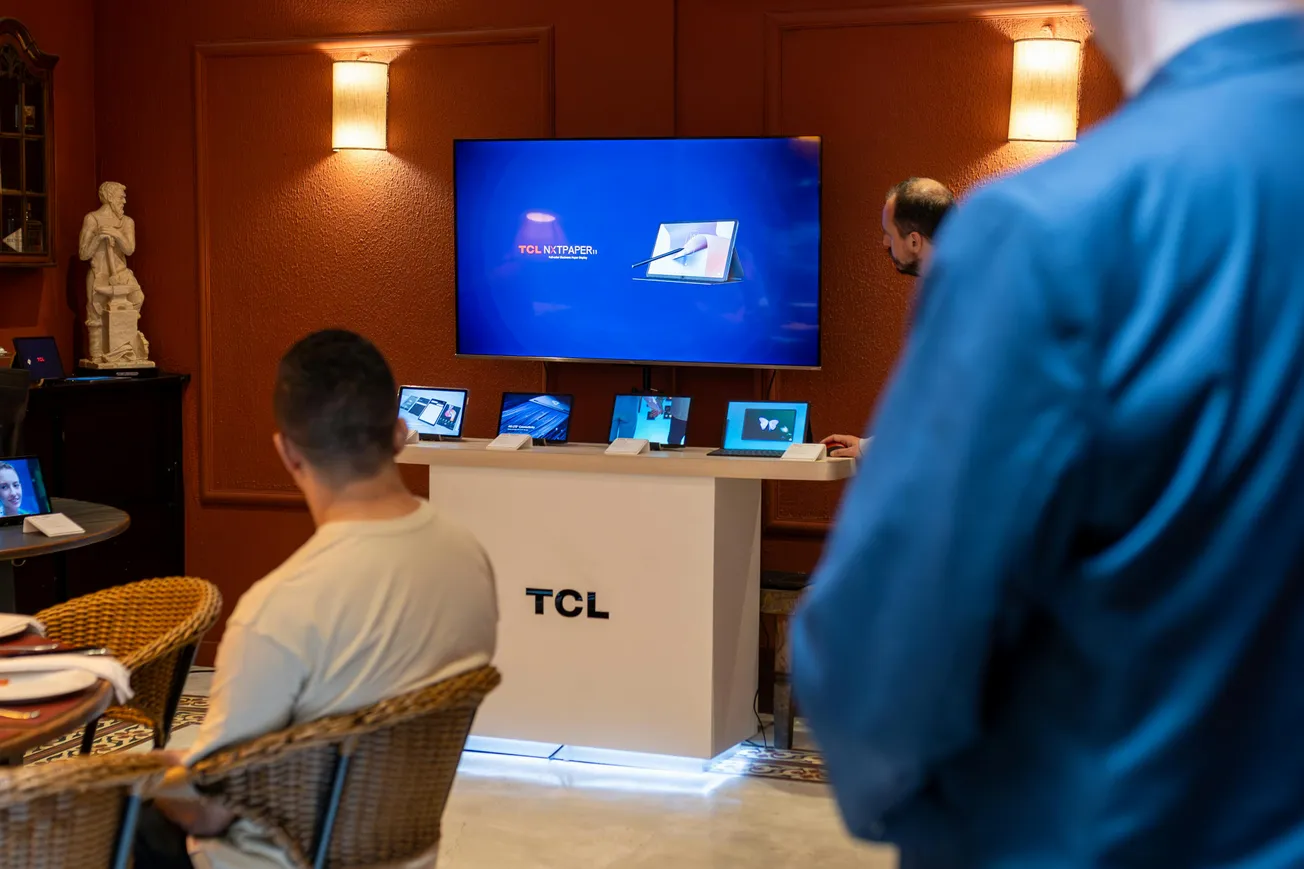In the fast-evolving retail landscape, the adoption of artificial intelligence (AI) is surging, yet retailers may be misjudging its actual benefits. Recent findings from a BRG survey illuminate the current state of AI in retail, highlighting both the promise and the pitfalls of these technologies.
The BRG report titled AI in Retail: In Pursuit of Meaningful Adoption reveals that nearly half of North American organizations (48%) are integrating AI into core functions, especially in marketing, IT, and digital commerce. However, generative AI is currently leading the way, with businesses seeking benefits like improved customer engagement, operational agility, and cost optimization.
Current State of AI in Retail
Despite the enthusiasm surrounding AI, Murali Gokki, managing director at BRG, warns that retailers must rethink their approach.
This perspective suggests that retailers need to embed AI within a clearly defined operating model while establishing robust data governance frameworks.
The Confidence Gap
While North American firms appear more confident in their AI integration, counterparts in Europe and the Asia-Pacific report lower adoption levels and less confidence in AI policies. This discrepancy underlines the necessity for a comprehensive and adaptive AI policy.
Currently, only about 50% of North American respondents view their AI policies as suitable for the evolving regulatory environments, with significant gaps concerning workforce impact and bias.
Impact on Business Operations
With AI's capability to enhance customer experiences, streamline operations, and support better forecasting, businesses must focus on measurable outcomes.
As generative AI continues to reshape productivity, its application ranges from improving product attribution to accelerating decision-making processes. Retailers must target their AI solutions to address specific operational challenges rather than adopt a one-size-fits-all approach.
Conclusion
AI adoption in the retail sector is a double-edged sword; while it holds significant potential, its meaningful impact remains limited for many organizations. Retail executives are urged to align AI initiatives with clear business objectives and solid operational frameworks.
To harness AI’s full potential, organizations should focus on developing comprehensive policies and refining their operational approaches to ensure sustainable and impactful AI integration.








